Community gardens. Buying the Leone Beach house. Security cameras on the “L” platforms.
Those were just a few of the suggestions 49th Ward residents gave last week on how to spend next year’s aldermanic menu money during a community meeting held by Ald. Joe Moore (49th). In what Moore says will be the nation’s first participatory budget experiment, the alderman will let constituents of his Far North Side ward decide how to spend just more than $1 million.
Aldermanic menu money — usually a little more than $1 million — is given to the city’s 50 alderman each year to pay for ward infrastructure projects such as speed bumps, playlots, street resurfacing, etc. Moore said 1994 was the first year menu money was allocated to all 50 wards after aldermen pressured Mayor Richard M. Daley to pay more attention to the neighborhoods.
Moore said when he was elected in 1991, out of the 50 wards, the 49th ranked last in money spent on infrastructure. He said in 2007, more than half of menu funds were spent on street lighting; in 2008, 73 percent was spent on street lights; and in 2009, 61 percent of money was spent on street resurfacing after last year’s harsh winter.
“Now it’s up to you to decide,” Moore told about 45 or so people who attended the Nov. 9 forum at the Loyola Park fieldhouse.
Calling it “a novel experiment in democracy,” Moore said residents will come up with ideas and vote directly on infrastructure projects funded in the ward. Then in spring of next year, Moore will hold a ward-wide assembly to hear pitches for projects that will be voted on by the community.
“You’re really here at the birth of participatory budgeting, hopefully not just here in the 49th, but throughout the U.S.,” Moore said at the third of nine assemblies on the issue. “This is an experiment, and we may decide it’s not going to work, may decide to tweak it. But this year, we’re going to let the community as a whole decide.”
“This is only for good, old-fashioned, bricks-and-mortar, concrete-and-asphalt kind of things,” Moore said. “We’ll just go down them until we run out of money.”
Participatory budgeting is the process of democratic deliberation and decision making, where ordinary residents decide how to allocate municipal funds. The process originated in Brazil in 1990, and its success led to the growth of neighborhood associations throughout Latin America, Asia, North America and Europe, said Nicole Summers, participatory budget coordinator for Moore.
“It gives people more power,” said Summers. “It educates citizens. By being involved, they get to learn how the budget is made.”
Moore’s decision to open up the process came at the same time as Channel 2 investigative reporter Pam Zekman teamed up with the Better Government Association to examine how Chicago’s aldermen used their menu money. Zekman found that most of the aldermen are legit and spend the majority of their funds on infrastructure improvements, such as blue-light cameras, street lights, speed bumps and road resurfacing.
Moore said “long before” Zekman’s report he was working on the participatory budget concept. Last spring, he brought leaders together from more than 50 civic, religious and community organizations who appointed representatives to serve on the Participatory Budgeting Steering Committee. The committee developed a three-step process and timetable that will end next spring with the ward-wide vote meeting.
“I’m just excited for this process and a chance to get a say,” said Tim Edwards, a committee member representing the PACTT Learning Center, a therapeutic day school serving people with autism at 7101 N. Greenview St. “When I heard about the process and the power for the people, I thought it was a great idea.”
Kitty Juda, a 12-year Rogers Park resident, applauded Moore.
“Last election, people complained about not having a voice, I’m glad he’s listening,” said Juda. “It’s really empowering to have a voice.”
Former 44th Ward Ald. Dick Simpson said had aldermen received menu money when he was in office in the ’70s, he would have done the same thing.
“I think it’s a good idea,” said Simpson, head of the political science department at the University of Illinois-Chicago. “He’s the first one to open up this participation to the community. I think it would be good to allow our citizens direct access on the menu and consult citizens more on expenditures on the budget.”
Future meetings will be held:
Nov. 17, New Field School, 1707 W, Morse Ave.
Nov. 19, Sherwin Manor Nursing Home, 7350 N. Sheridan Road
Nov. 23, (Spanish language) St. Jerome Church Parish Center, 1709 W. Morse Ave.
Dec. 1, St. Ignatius Church Parish Center, 6559 N. Glenwood
Dec. 2, Gale Academy, 1631 W. Jonquil
Dec. 3, United Church of Rogers Park, 1545 W. Morse Ave.

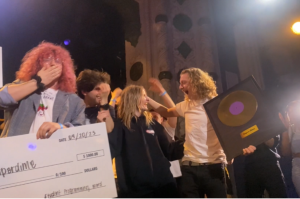
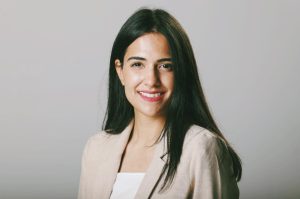
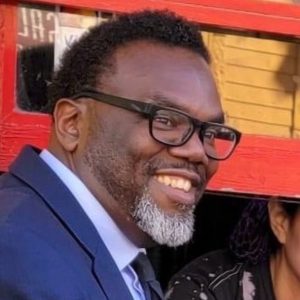
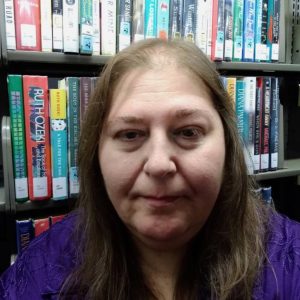










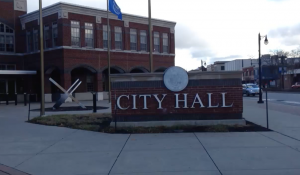





Be First to Comment